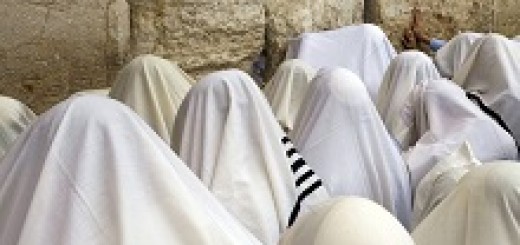By Rabbi Dovid Markel
Parshat Eikev continues Moshe’s final address to the Jewish people and begins with the words (Devarim 7:12), “And it will be, because (Eikev) you will hearken to these ordinances and keep them and perform, that the Lord, your G-d, will keep for you the covenant and the kindness that He swore to your forefathers.”
Rashi comments that this verse alludes to the commandments that one may consider to be minor, saying: “If you will heed the minor commandments which one [usually] tramples with his heels,” then G-d will shower upon the Jewish people an abundance of blessing.”
Within Rashi’s explanation regarding hearkening to the matters that one tramples with their heel is embedded an important thought.
The heel is expressive of the part of the body that is least expressive of the soul and least connected to life. It is because of the callousness and insensitivity of the heel that it is used to walk with, as it is therefore not pained by every step.
Herein though, is expressed a paradoxical thought. The greatest asset of the heel is its lack of sensitivity to outside stimuli and its ability to trample upon rough substances and without becoming damaged. Were the heel to react to every rock and crevice with pain, man would be petrified and unable to move. It is the lack of feeling that causes the heel to be an important strength of the human corpus.
The same too, is with the corpus of Israel. There are souls that are the eyes and heart of Israel and there individuals who are referred to as heels. These heels however, should not be denigrated, as it is specifically because of them that the Jewish people are able to progress and make strides where the other facets of Israel cannot.
The heel too, though, must “hearken to these ordinances.” Although its callousness is its strength, it must be connected to G-d as well, hearing the commandments and moving in the direction that Israel is to move.
Yet this is the ultimate goal; that G-dliness should be permeated even in those places that seem devoid from all feeling.
When we indeed sanctify the mundane so that it too will be permeated with G-dliness, we will merit the utopian era where the entirety of the world will be able to perceive G-dliness-with the coming of Moshiach, now!






















